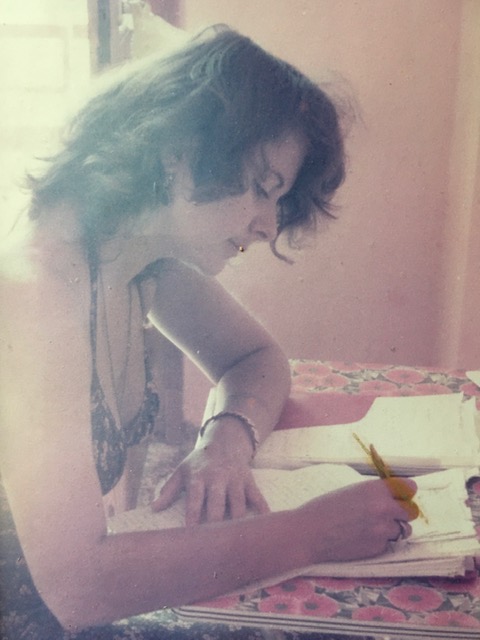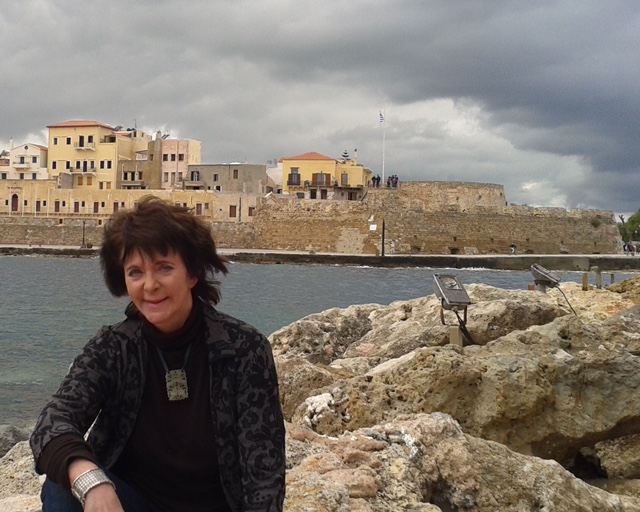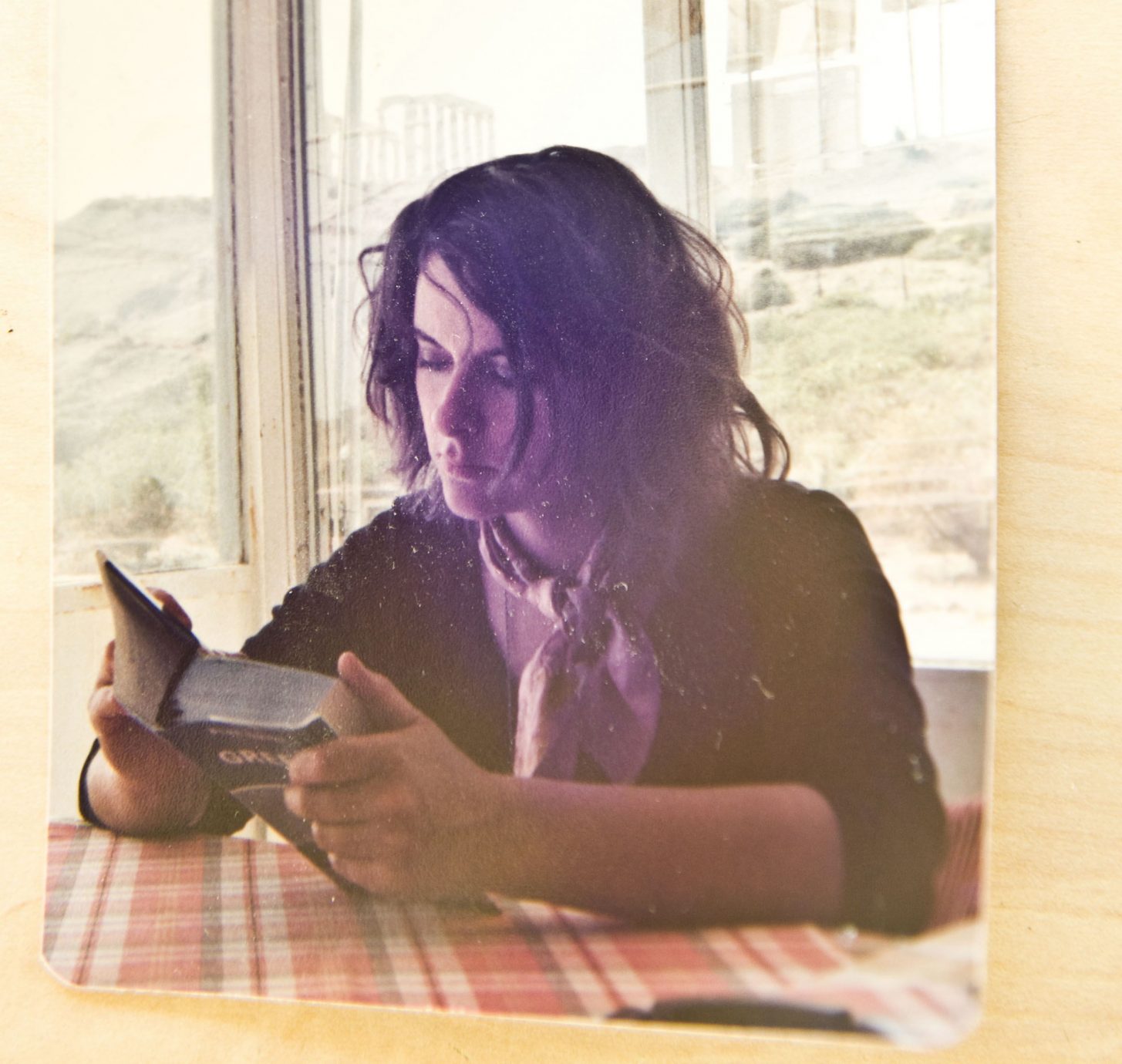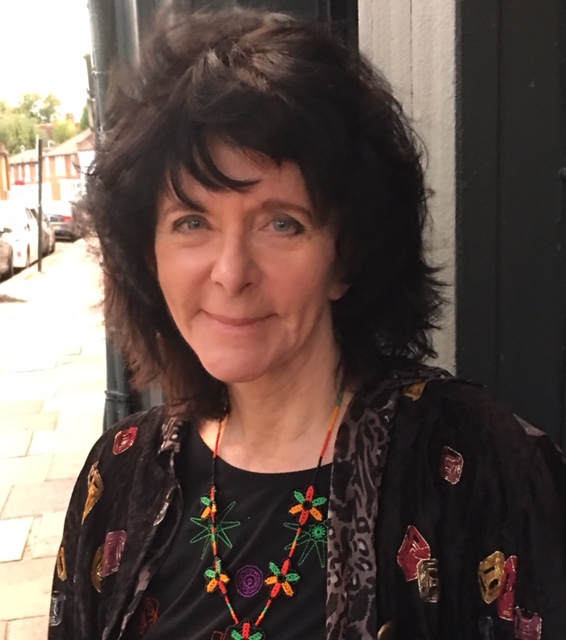Greece and Crete
‘Few women writing non-fiction have such sophisticated understanding of language, nuanced approach to style, and willingness to engage with the big issues both personal and political.’Guardian
Ruth’s life-long relationship with modern Greece, especially Crete, began in 1970 when she studied as a PhD student at the British School of Archaeology at Athens. The archaeologists invited her to work on an excavation of the Royal Road at Knossos, in Crete, where she learned modern Greek from the workmen. Ever since, she has lived on and off in Crete, has many friends there and visits regularly. She learned to sing Cretan songs – one of her tracks on Desert Island Discs in 2009 was a Cretan folksong – and some poems in her first collection Summer Snow (1990) and her collection on the Middle East, Learning to Make an Oud in Nazareth (2014), are set in Crete.
Ruth loves giving talks and readings in Crete and Greece, on poetry and also on Darwin: most recently in Heraklion, Rethymnon University, and at the Synagogue of Etz Hayyim in Chania, where she has given poetry workshops.
In 2016, after giving a talk on Darwin in Spetses, she went to Lesbos to visit refugee camps, and suggested to Syrian artist Issam Kourbaj that they collaborate in an installation to highlight the plight of the Syrian refugees and celebrate the support given them by the people of Lesbos. The result, Dark Water Burning World, follows Ruth’s work on migration, The Mara Crossing 2012. It has been performed and curated in The British Museum, Victoria and Albert Museum, Fitzwilliam Museum Cambridge and Aldeburgh Poetry Festival, and is being translated into Italian and Arabic. Her poem ends with words quoted in the British Museum’s show, Living with Gods:
…and their stories our stories
steered by the small
star-light of cell phones
over waves like rings of a tree
rings of the centuries
rocking and spilling
on the windy sea
as if water kept its shape
after the jug has broken
one shining petrified moment
before the shattered pieces fall away

Eleutherna Cave, Mount Ida, Crete, 2015

Writing (what became) my first book: Fortetsa, Knossos, 1979

Chania, Crete, 2014

Sounion, 1974
